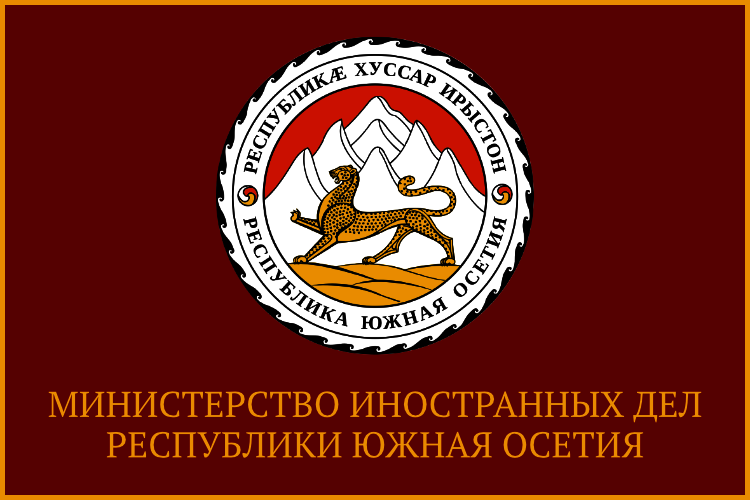Geneva, 8 June 2010
On 8 of June 2010 Geneva played host for the eleventh meeting within the framework of international discussions on security and stability in Transcaucasia. Discussions participating on equal grounds by delegations of the Republic of Abkhazia, Republic of South Ossetia, Georgia, Russia and US are held in accordance with Medvedev-Sarcozi agreements of the 12th of August and of the 8th of September 2008.
The agenda for the regular meeting agreed beforehand supposed discussions of the number of questions concerning first of all the ways of providing of durable peace and security in South Ossetia and Abkhazia and general problem of persons affected during the aggression of Georgia against South Ossetia and Abkhazia in 1989-1992, 1992-1993, 2004 and 2008.
All the attempts of delegations of the Republic of Abkhazia and the Republic of South Ossetia to achieve understanding of their positions on the most significant questions including vital interests of their peoples faced total unacceptance of Georgian and American participants of discussions as well as the co-moderators. In working group, where the issues of security providing problems have been discussed, Georgian and US representatives attempted once again to block the key question of the Discussions – the project of the future document of non-use of force. Instead, co-moderators tried to suggest the consideration of the questions of minor importance which are unreasonable without providing of security guarantees for the Republic of South Ossetia and the Republic of Abkhazia.
During the meeting South-Ossetian side once again raised the question of resuming gas supply for the territories released from the Georgian occupation in August 2008, but representatives of Georgia went on blocking the solution of this important humanitarian problem by utterly hollow pretexts.
Representatives of South Ossetia paid special attention to illegal confinement of RSO citizens in Georgian jails which were illegally detained by Georgian law enforcement agencies, and searching of Ossetian teenagers, missing after their detention by Georgian police. As well as at the all previous meetings, Georgian representatives were not able to give any coherent answer to that.
Second working group, dealing with humanitarian questions and problems of displaced persons, continued the work over the draft document outline the principal contours of future agreements.
Unfortunately, the working environment of group was unconstructive. Well-reasoned opinions and constructive proposals of Abkhazian and South Ossetian delegations on discussing the document, concerning, first of all the problems of displaced and affected during the conflict persons were not taken into consideration. Actually, co-moderators attempted to push through not agreed draft document marked as “Agreed regulations” with gross violation of generally accepted order of meeting conduction in the first reading.
Co-moderators ignored unacceptable in negotiating practice provocative statements and an abusive conduct of Georgian representatives, which made impossible conducting of appropriate work of the second working group.
Such destructive and irresponsible practice may bring to disruption of Discussions and question the possibility of coming to agreements, crucial for people’s fates in the foreseeable future.
Abkhazian and Ossetian sides are committed to course of decision seeking which would be acceptable for all participants of Geneva process and would bring to essential improvement of the overall situation in the region, however, consider that the creative work is possible only in the conditions of impartial attitude of co-moderators to all the parties.
Highlighting, that without the participation of all the parties Geneva discussions become unreasonable, delegations of Abkhazia and Ossetia express readiness for further constructive participation in the work of Geneva meetings. At that Abrhaz and South-Ossetian side expresses a hope that co-moderators will review the approaches to the proposals of participants, regardless what countries they present.
